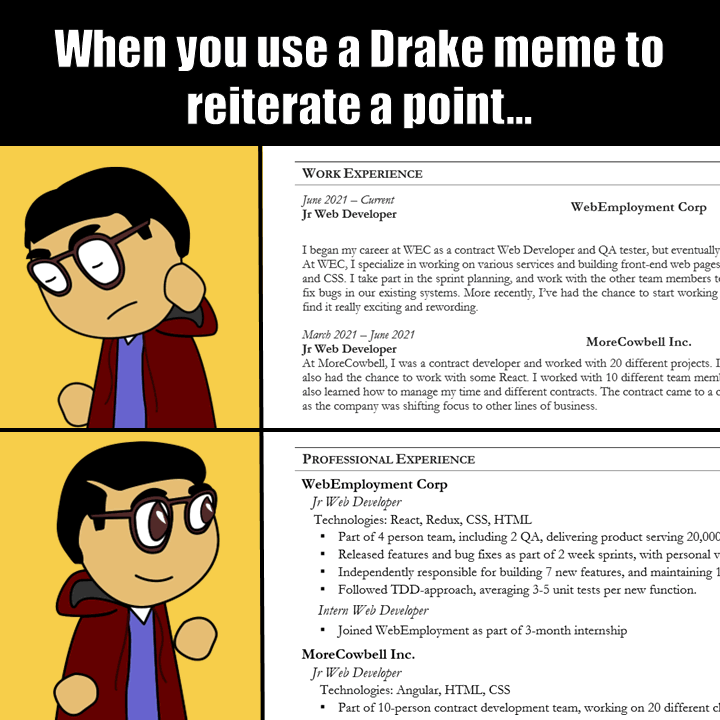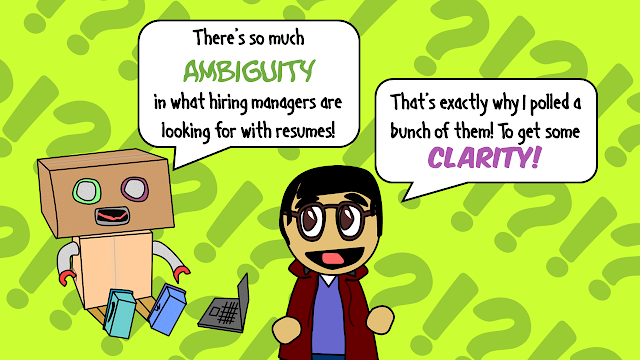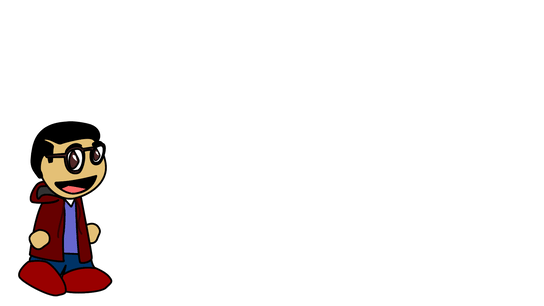Building a Real-Intelligence Knowledge Base
Epiphany: More and more we're talking about building adequate knowledge bases for improved AI. Those same strategies can be repurposed to help us build other people's intelligence about us.
Whether we're building our resume, career, network, reputation - it's all about creating a "knowledge base". McKinsey published a guide to aide businesses in their AI transformation. It's a great rubric for self-evaluation.
McKinsey advises companies to evaluate their business data and ensure:
- They are aware of their data sources,
- They are aware of what's in the data set (and what isn't), where it came from, how it evolved and how it links to other data,
- The data must be available to those who need it,
- The data suits their AI goals, and is high quality and varied,
- Lastly that the data is handled appropriately, meeting security, compliance and privacy requirements.
Using that approach, businesses can build a strong knowledge base to fuel their AI. But we can use this same approach to help others build their knowledge base about ourselves.
Repurposing this recipe for building a resume, it means:
- Are you leveraging the right "data sources" (i.e. Experience)? Are you looking at the right data points? Resumes aren't just about writing company names, job descriptions, and a set of skills.
- What is evident in your experience (your strengths)? What is missing? Is it a potentially a weakness? How can you compensate for those? Where did the experience come from, how did you evolve, and most importantly: how does each experience link to others and to your skills?
- Is there "data" that you are not making available that should be? This may be experience you don't think is relevant, skills that you have undervalued, or it could be an elephant-in-the-room kind of thing that you are hoping will go unnoticed. Gaps in the "knowledge base" aren't good - questions will come up. How can you best explain it?
- Is what you are providing in your resume relevant to the recruiter's goals? Maybe your ice-skating skills are great - but unless the role is for a touring Accountants on Ice special, maybe leave it off? Is your resume "high quality" (not in the sense of asking "are you a rockstar?" but instead "are you writing statements that clearly show value, impact, and meaning?") or "low quality" (i.e. no fluffy stuff.)
- Are you potentially sharing things that should not be shared - whether confidential, or just info that isn't exercising the best judgement? Does anything in your resume show up as a red flag/risk?
For networking, it means:
- Are you adequately aware of the connections you have? And are they aware of you? An informal poll I once ran suggested that most people find their next role through their personal network.
- Is your network relevant, how has it evolved, how do you contribute to your connections, and vice versa? A good network isn't just a bunch of LinkedIn connections. It's about relevancy, reputation, consistency that is built through real experience.
- Are you available to your network? Is your network truly available to you? Avoid connecting with everyone and anyone. A smaller network of real connections will serve you better than a large network of people you don't know.
- Does your network serve your goals? Plain and simple. It may not. But in knowing your goals, you can take steps to making sure it starts to serve that goal.
- Are you respecting your network's privacy? Are you connecting others in the right way (i.e. if someone asks you to connect them with a friend, are you checking with that friend first?)
I could go on and on, applying this to other spaces. Some of the questions may seem obvious - but at the heart of it, the question to ask yourself is: "Is this producing the right kind of knowledge base I want others to have about me?"





